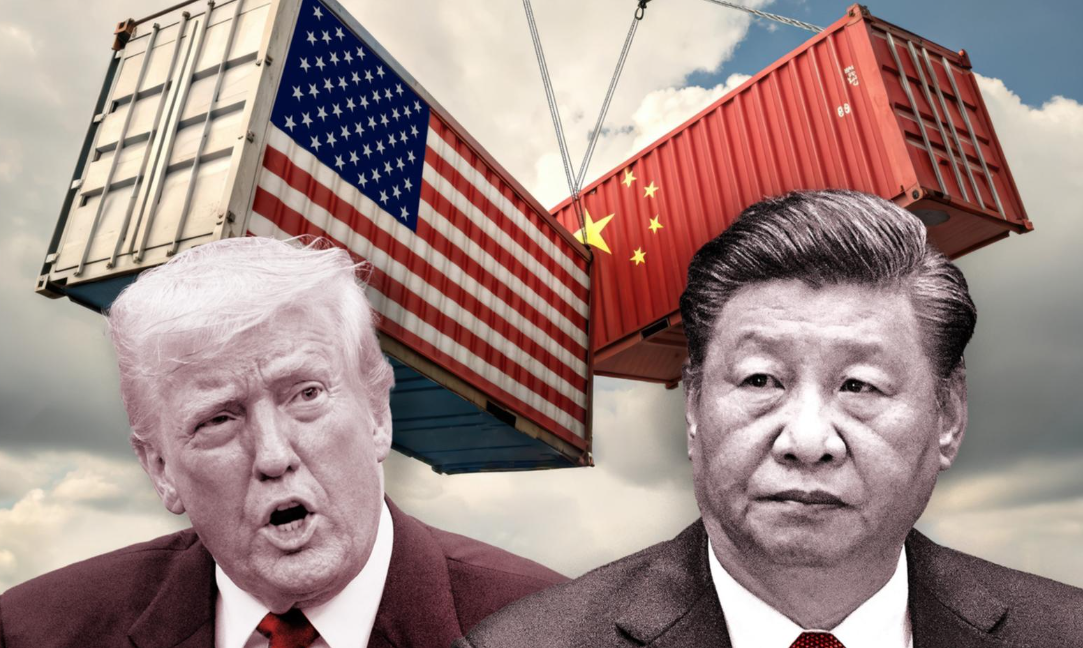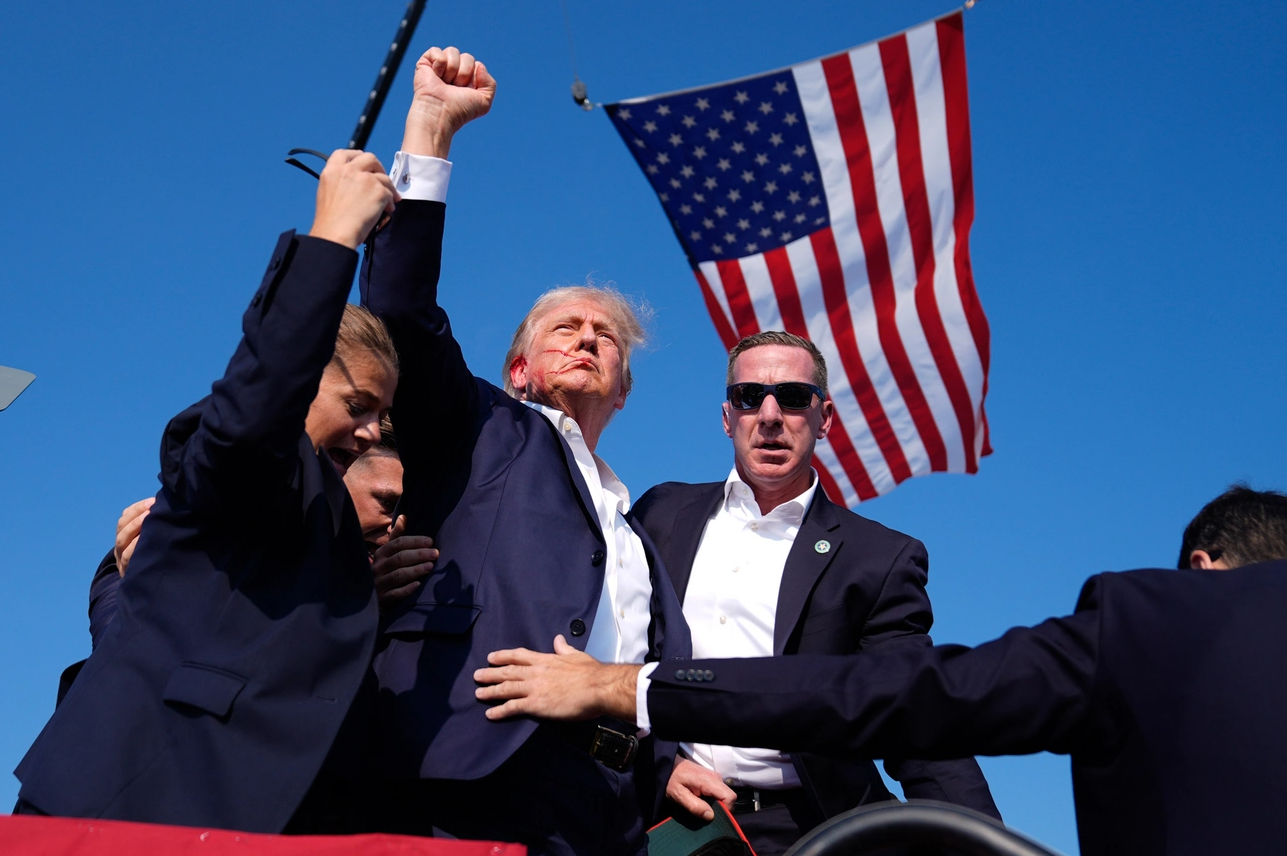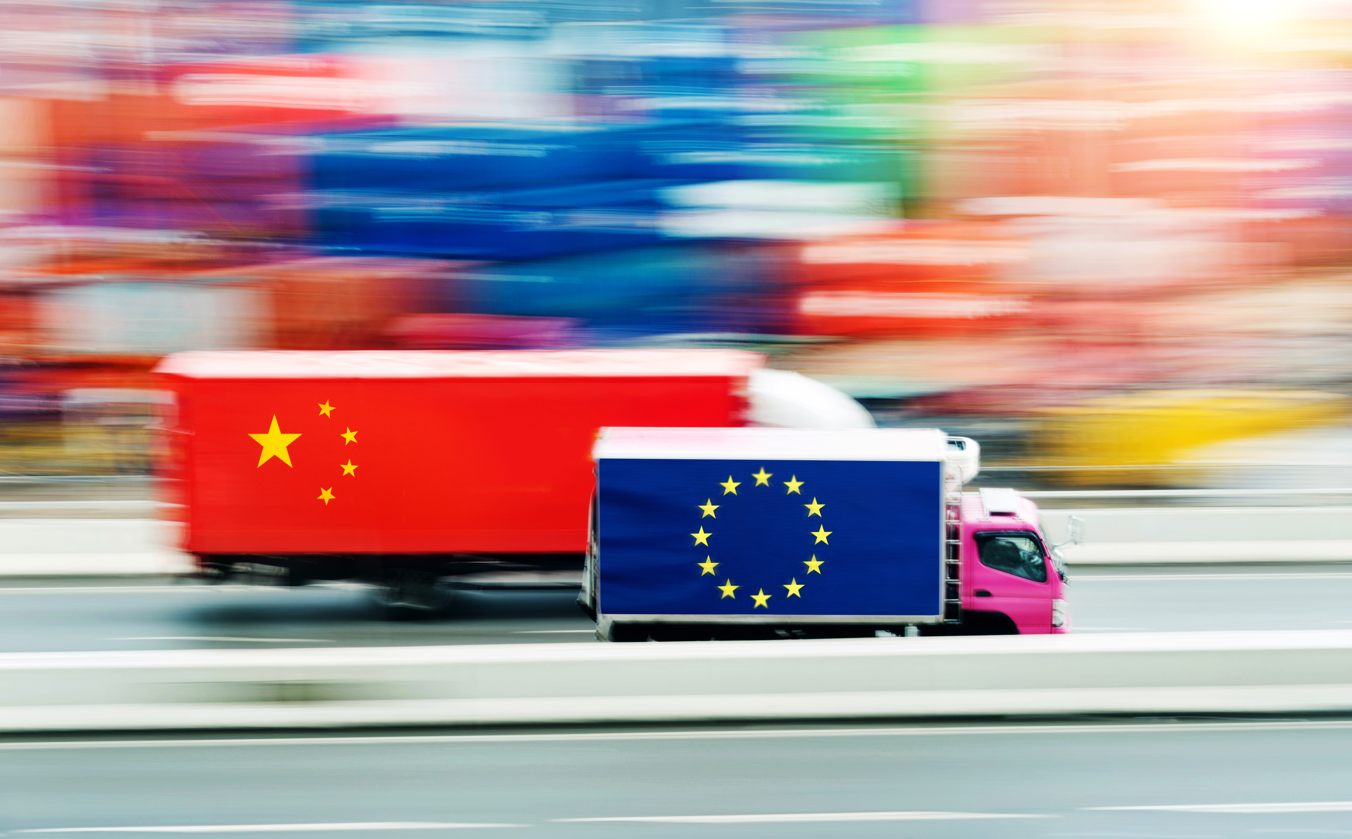Shang-Jin Wei
Professor, Finance and Economics at Columbia University

Apr 22, 2025
China has taken a tough stance against US President Donald Trump, matching the last two rounds of US tariffs with tariffs of its own. The US tariff on goods from China is now 145%, while China’s is 125%. Why does China take such a position, and are there any off-ramps that would allow it to mitigate the costs of a prolonged trade war?

Apr 10, 2025
U.S. President Trump has raised the tariff for Chinese imports to the U.S. to 125 per cent, while granting other countries a 90-day pause. (Photo: Artwork by Wi
Dec 27, 2024
The Chinese stock market has rallied recently in anticipation of another round of government stimulus. This is understandable, as the authorities have rolled out multiple monetary and fiscal stimulus packages to stave off deflation and boost GDP growth. But with public debt already well above historical norms, there is limited room for further fiscal intervention without risking a future debt crisis.
Oct 08, 2024
The timing of China’s new stimulus package is not coincidental. Arriving just before the 75th anniversary of the People’s Republic, the announcement was well-received by equity investors, leading to a surge of more than 15% in the country’s main stock indices.

Jul 19, 2024
Can an assassination attempt improve a candidate’s chances of winning an election? Taiwan’s experience suggests that it might. During its 2004 presidential election, polls showed then-President Chen Shui-bian trailing his opponent, Nationalist Party (Kuomintang) candidate Lien Chan. But this changed abruptly the day before the vote, when Chen and Vice President Annette Lu were shot during an election rally.

Jun 20, 2024
On June 12, the European Union announced new provisional levies on Chinese electric vehicles (EVs), with the tariff level to be based on estimates of how much state support an EV exporter receives. The new tariffs follow from a months-long investigation into China’s use of financial subsidies, and they will be imposed on top of the 10% tariff that the EU already has in place. They are “provisional” because they might be revised downward if Chinese producers can offer evidence that the support they receive is less than estimated. Separately, if the EU can reach an agreement with China to reduce the volume of Chinese EV exports to Europe, the new tariffs may not be implemented.
Sep 08, 2023
The Chinese economy is underperforming relative to its growth potential. Not only are investment and consumption demand weaker than hoped, but the country is facing the challenge of two Ds: deflation and debt. While consumer-price inflation is close to negative territory, producer-price inflation has already been negative for a year. At the same time, the private and public sectors have accumulated massive debts, owing to higher spending during the pandemic and the broader response to the easy-money conditions of previous years.
Nov 09, 2022
Before COVID-19 vaccines were developed and distributed, China’s strict approach to controlling the virus resulted in fewer deaths and a much lower death rate per million people than in many other countries. But while these successes were impressive in late 2020 and early 2021, effective vaccines and treatments have become readily available since then, leading the World Health Organization to declare that the end of the pandemic is in sight.
Apr 05, 2022
In early March, Premier Li Keqiang announced that China is targeting GDP growth of “about 5.5%” this year. That would be ambitious even without Russia’s war against Ukraine and the attendant increases in global energy and food prices. Back in January, for example, the International Monetary Fund forecast that the Chinese economy would grow by only 4.8% in 2022. And in 2019, the last full year before the COVID-19 pandemic, GDP increased by just under 6%.
Mar 14, 2022
Now that the Western powers have imposed sweeping economic and financial sanctions on Russia following its invasion of Ukraine, many are asking whether China’s non-participation will undermine their effectiveness. One should also ask whether the rich countries can do more for the poor people in many developing countries who are the collateral damage of the war and the sanctions.